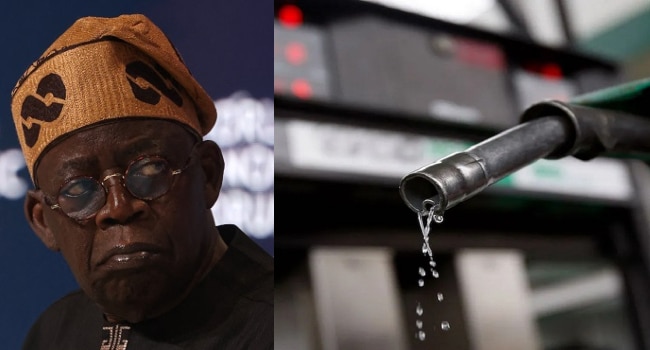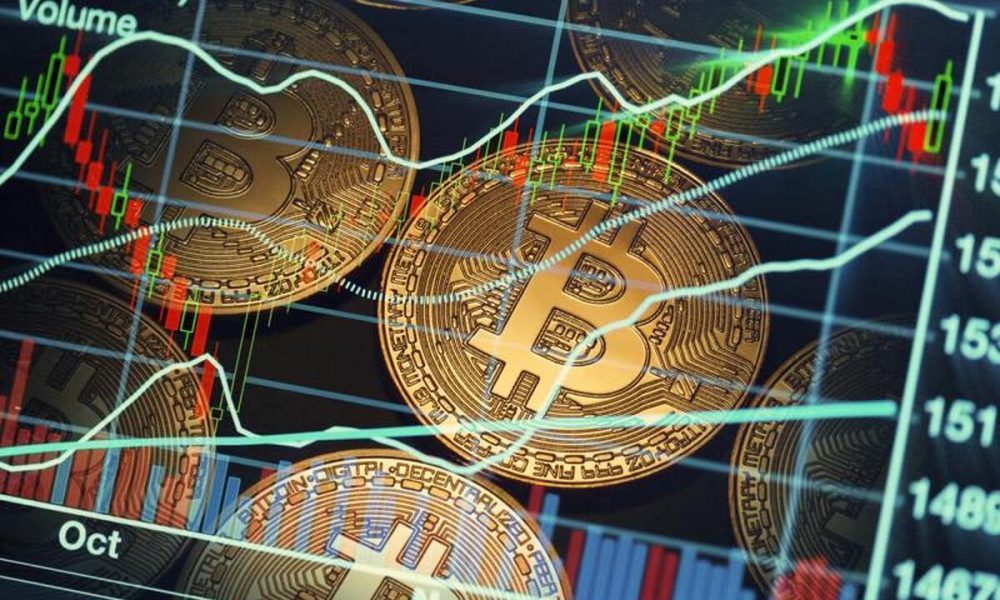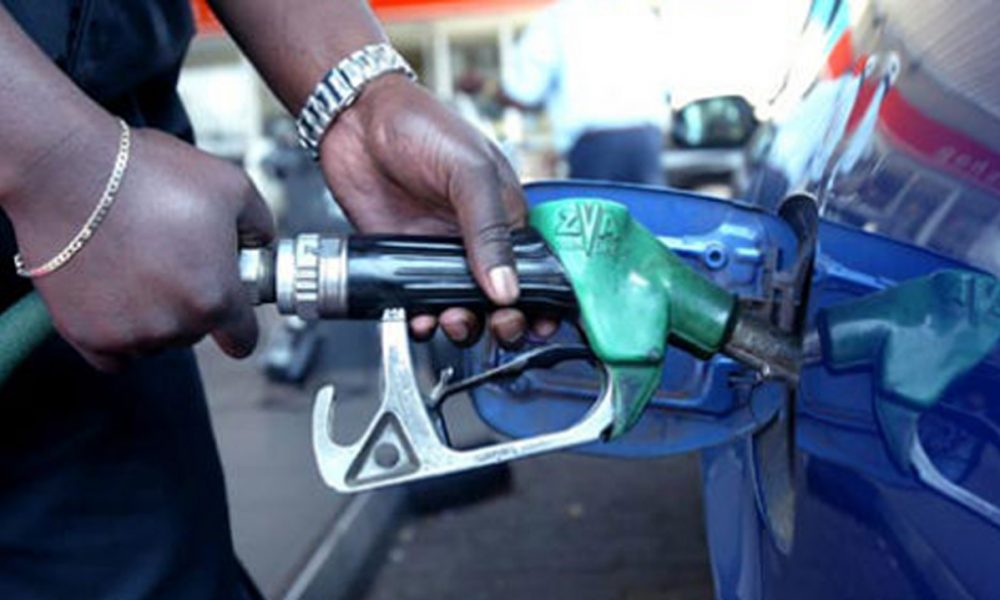As Nigerians struggle to cope with the recent fuel price hike by the Nigerian National Petroleum Company (NNPC) Limited, we bring you the latest updates on petrol scarcity, fuel price increase, and the government’s response.
A report by Dangote Refinery has called for an end to Nigeria’s reliance on fuel imports, and yet, 1.947 million metric tonnes of petroleum products were imported between October 1 and November 11.
According to documents obtained by The Cable, 110 fuel cargoes were offloaded at terminals across Warri, Port Harcourt, Calabar, and Lagos during the six-week period.
The imports consisted of premium motor spirit (PMS), also known as petrol, automotive gas oil (AGO), commonly referred to as diesel, and aviation fuel (Jet-A1).
The Nigerian National Petroleum Company Limited (NNPCL) has dismissed claims that it has halted fuel imports, describing the reports as a “misinterpretation of facts.” The reports suggested that the company’s Group Chief Executive Officer, Mele Kyari, announced an end to fuel imports in favor of sourcing from the Dangote Refinery and other local refineries.
In a clarification statement, NNPCL’s Chief Corporate Communications Officer, Femi Soneye, explained that while Kyari’s statements were accurately quoted, the interpretation provided in the reports was inaccurate.
The International Monetary Fund (IMF) has released its latest report on Sub-Saharan Africa, which reveals that Nigeria’s broad-based economic reforms have yet to deliver the desired impact, 18 months after their introduction.
Stakeholders in the food sector argue that these reforms have failed to improve the basic necessities of life in the country, and the IMF report supports this claim.
While the IMF recognized progress in some nations, such as Côte d’Ivoire, Ghana, and Zambia, Nigeria was notably absent from the list of success stories.
The report highlighted Nigeria’s struggle to meet reform targets, with its projected economic growth rate of 3.19% for 2024 falling below the regional average of 3.6%.
IMF Deputy Director Catherine Patillo emphasized that macroeconomic imbalances in the region are easing, but Nigeria remains excluded from this positive trend.
She noted significant fiscal consolidation efforts across two-thirds of the region, with improvements seen in countries like Ghana and Zambia, while Nigeria lags behind.



